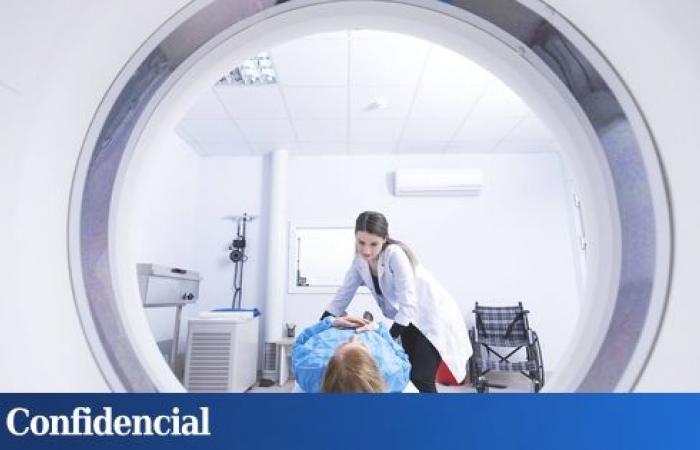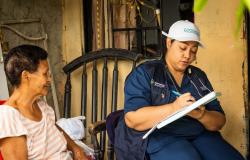A new approach to oncological research could change the way in which treatments are developed and applied. It is about Rapid-RT studypresented in Boss 2025which proposes a faster, more inclusive and realistic way to evaluate modifications in the Lung cancer radiotherapy.
Promoted by researchers from The Christie NHS Foundation Trust in Manchester, United KingdomRapid-RT uses a approach to “Fast learning” which allows analyzing the impact of real -time treatments, using routine data of patients and without the usual limitations of traditional clinical trials.
In response, the researchers introduced a “cardiac protection” technique In habitual clinical practice. The novelty is that it was applied directly without waiting for years of tests: the Rapid-RT model allowed it to implement it while evaluating its effectiveness.
“Rapid-RT represents a paradigm shift: a more inclusive investigation, which reflects everyday clinical reality and expands access to innovations, ”he explained el Dr. Gareth Pricemedical and physical researcher in the Mercanter University.
Key data of more than 1,700 patients
The study included 1,708 patients with lung cancer in stage I a IIItreated with healing intention between January 2021 and February 2025:
- 922 patients They received conventional radiotherapy before April 2023.
- 786 patients They were treated since April 2023 with the New cardiac protection techniquebased on two key elements:
The method has proven to be highly inclusive: Only a 786 patient chose not to participate. Besides, The first results show a moderate improvement in 12 -month survivalafter applying the new dose protocol to the heart.
Innovation with real world evidence
Unlike traditional essays, which may take years to offer conclusions, Rapid-RT accelerates the evaluation and improvement process By using real clinical data anonymously and continuously.
“This research shows that radiotherapy innovation not only depends on technology, but also on how we learn and apply that knowledge,” he said El Profesor Matthias GuckenbergerPresident of Boss and responsible for radiotherapy in the Zurich University Hospital.
Towards smart and inclusive essays
The Rapid-RT study marks an advance towards a more efficient and representative evaluation of radiotherapy treatments. His initial findings reinforce the idea that New methodologies can be as effective as randomized essaysespecially when these are not viable.
The study will continue to recruit patients and perform analysis to confirm these preliminary results. In addition, long -term effects on the survivalthe treatment toxicity and new statistical tools will be explored to further refine the therapeutic approaches.






